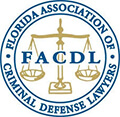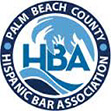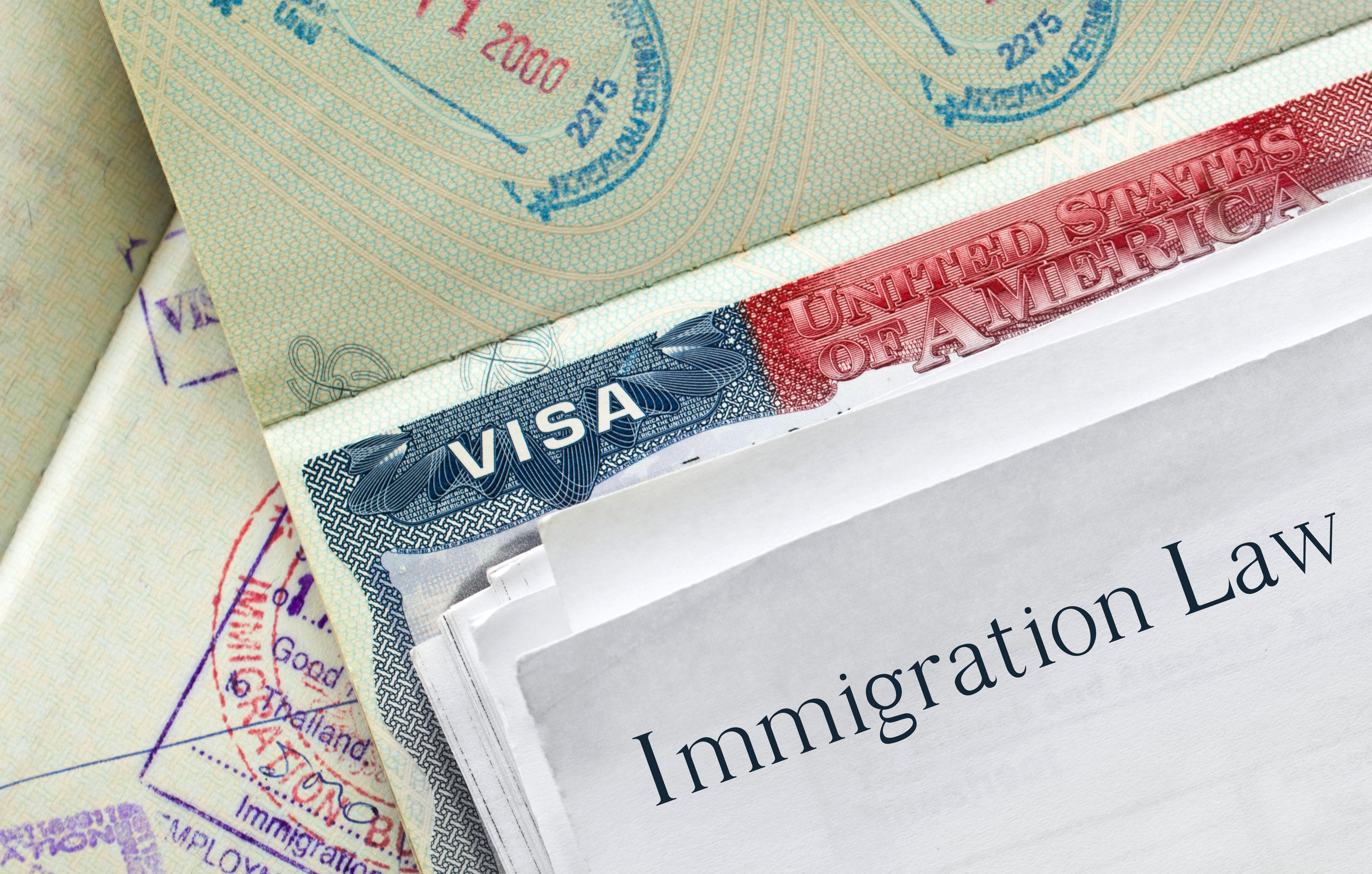How To Avoid Immigration Scams
The increased tightening of US controls over immigration has made the environment ripe for fraudsters and scam artists to prey on immigrants. Unfortunately, anxious and vulnerable immigrants have become the unwitting victims of some illegal scams that can cost them hard-earned money or in more complicated schemes can even result in legal problems and/or deportation.
It is important to consult with a reputable lawyer when preparing immigration paperwork as mistakes can get you deported. Casanova Law offers personalized representation for noncitizens and others in Lake Worth, West Palm Beach, Stuart, and all of South Florida seeking to change their status and protect their future in the United States. We will help you avoid becoming a victim of common immigration scams.
The U.S. Citizenship and Immigration Services (USCIS) offers some important information regarding common immigration scams:
VISA LOTTERY: Registering for the US Department of State’s Diversity Immigrant Visa Program—commonly known as the visa lottery—is free. Registration for the 2021 Diversity Visa Program (DV-2021) is now open, with the entry submission period from 12:00PM EDT (GMT -4) on October 2, 2019 to 12:00PM EST (GMT -5) on November 5, 2019.
The US government will never send out emails to communicate with entrants or winners—any communication of that type is fraudulent. Instructions can be found here.
PAYMENT REQUESTS: The USCIS will never call you to ask for phone or email payments and does not accept payments via Western Union or PayPal. The only way the USCIS processes credit card payments is through a personalized account via a unique portal. Any other payments for the 41 fee-based forms must be paid via cashier’s check or money order from a US financial institution.
FRAUDULENT WEBSITES: All forms required for immigration procedures can be downloaded for free from the USCIS website. Pages claiming to be affiliated with the USCIS and offering a fee for guidance in completing forms are not legitimate or authorized by USCIS. Note: All US government websites will always end with the extension .gov.
PUBLIC NOTARIES: Immigrants sometimes use a notary public—notarios públicos— for legal advice because in Latin America notaries often have special legal credentials. Notary publics in the United States are not immigration attorneys and are not authorized to provide any legal services related to immigration.
JOBS OFFERING VISAS: Fraudsters often offer jobs with work visas to immigrants for a fee. Although the work may be legitimate, immigrants must have a permanent residence, a work permit or a specialty visa to work in the US.
Leading Immigration Lawyer Lourdes Casanova comes from a family of immigrants. She has a unique understanding of the many issues facing local communities in South Florida. And, unlike many immigration lawyers, she is fluent in English, Spanish and Portuguese. Get in touch today to learn How To Avoid Immigration Scams.








